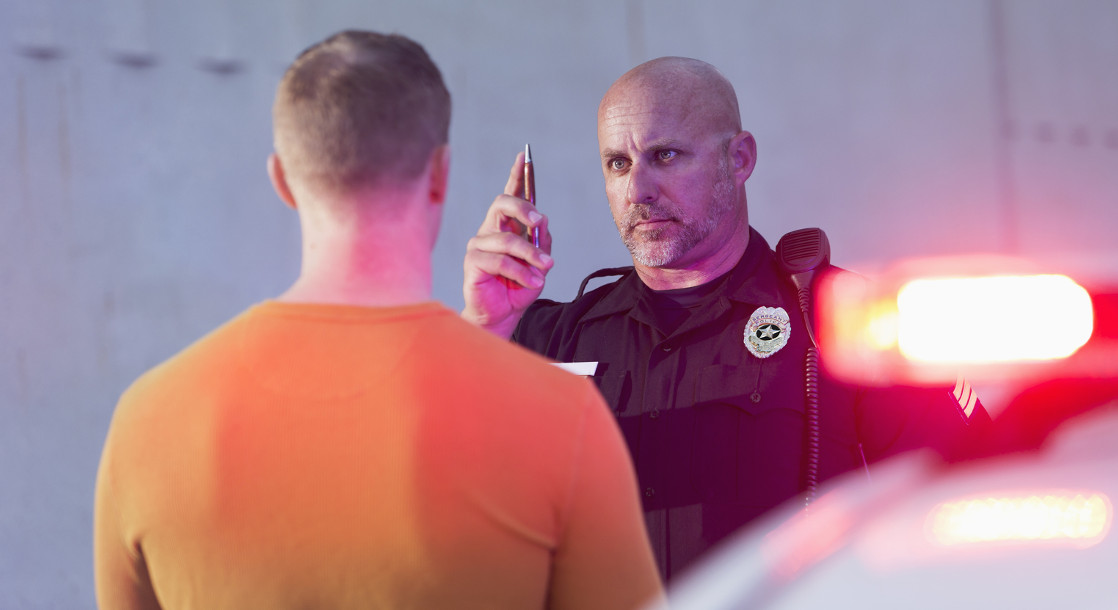A handful of Michigan State Police officers added a new piece of technology to their crime fighting tool belts yesterday, as the state began a year-long pilot program focused on curbing instances of drugged driving.
According to Detroit’s ABC affiliate, officers in the pilot program with “highly specified training” in identifying drugged drivers have now been equipped with mouth swab tests that can detect recent cannabis use, as well as cocaine, methamphetamine, heroin, ecstasy and other illicit substances.
Unlike standard blood and urine tests that detect marijuana ingested up to a month before the sample was taken, a number of different mouth swab purveyors claim to detect the immediate presence of cannabis, giving police a better indication as to whether a suspect is actually intoxicated at the time of the traffic stop.
In response to what local police say has been a significant increase in drugged driving incidents and fatalities over the past few years, Michigan state cops in five counties have now been given Alere DDS2-brand oral swabbing devices.
A report from the Michigan State Police claims drugged driving fatalities increased 32 percent between 2015 – 2016, from 179 deaths in 2015 to 236 fatal crashes last year.
Like the use of cannabis-specific breathalyzers and other similar mouth swabs, Michigan’s pilot program is the newest in a series of initiatives around the country, trying to find a scaleable solution to the often-undetectable issue of driving under the influence of drugs.
In Colorado, fears from highway safety and public health experts lead to a ongoing three-year pilot program, enlisting 125 State Troopers to test five separate mouth swabbing devices in an attempt to hash out which product could best serve CO cops.
Similarly, California highway cops have been using a mouth swab test to detect marijuana since this summer, when a bill included in the state’s fiscal budget provided funds for the state-of-the-art policing tool.
Like tests for drunk driving, police officials in Michigan say they will only test drivers that they observe driving erratically, or who appear to be under the influence of drugs.
“Some of the concerns were we were going to just start randomly testing people, and that’s not the case,” Michigan State Police First Lt. Michael Shaw told Michigan’s WWJ Newsradio 950. “There’s still going to be probable cause for a traffic stop — just like it was….This is just an added component to the probable cause portion of it.”
If a driver refuses to partake in the officer requested mouth swab test, they will be subject to a civil infraction, just like drivers that refuse drunk driving tests.
The five municipalities participating in the drug testing pilot program include Berrien, Delta, Kent, St. Clair and Washtenaw counties.











